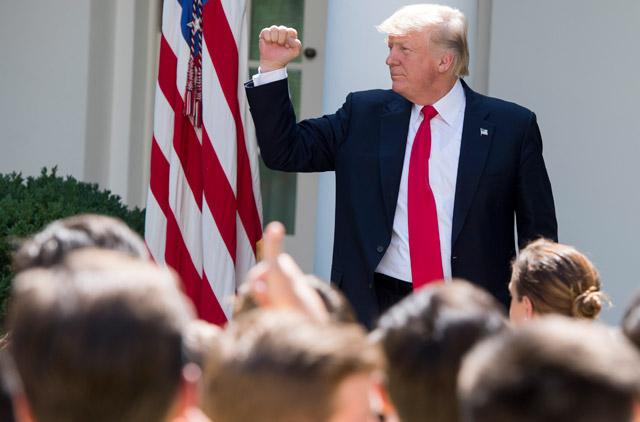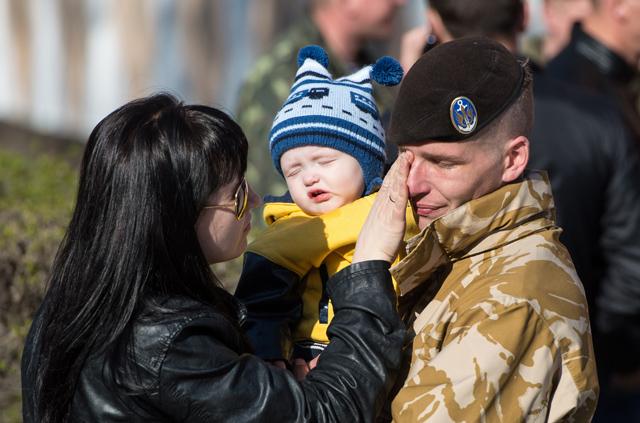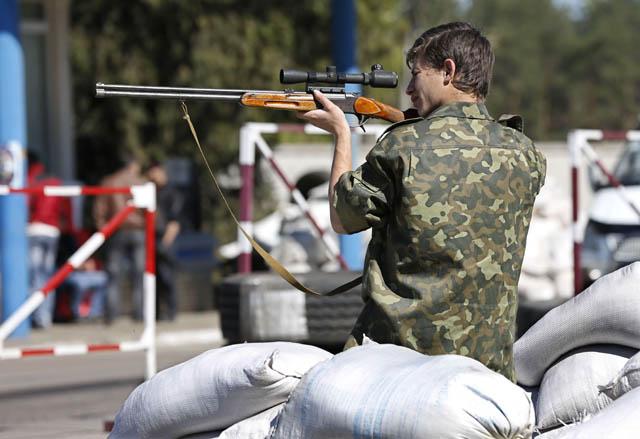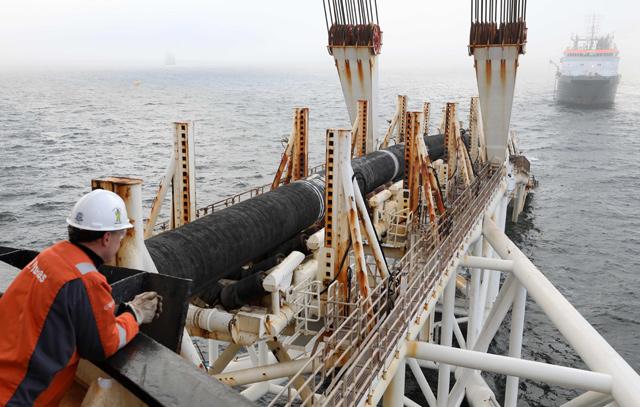You are here
Trump could seek ‘tougher’ Russia sanctions — White House aide
By Reuters - Jul 27,2017 - Last updated at Jul 27,2017

US President Donald Trump speaks to the American Legion Boys Nation and the American Legion Auxiliary Girls Nation in the Rose Garden of the White House in Washington, DC, on Wednesday (AFP photo)
WASHINGTON — President Donald Trump could veto pending legislation that would slap new sanctions on Russia in order to push for a tougher deal than the one winding through Congress, a top White House aide said on Thursday.
“He may sign the sanctions exactly the way they are or he may veto the sanctions and negotiate an even tougher deal against the Russians,” White House Communications Director Anthony Scaramucci told CNN.
His comments came after lawmakers on Wednesday reached an agreement that paves the way for the Senate to pass a bill as soon as this week to impose new sanctions on Russia and bar Trump from easing sanctions on Moscow without congressional approval.
Russia has warned it could retaliate against Washington, while the European Union said the move might affect its energy security and prompt it to act, too.
The House of Representatives has already approved the sanctions. If the bill passes the Senate as expected, it would be sent to the White House for Trump to sign into law or veto.
If Trump vetos it, however, the measure is expected to garner enough bipartisan support to override it.
Scaramucci, who was appointed on Friday, cast the president’s consideration of a possible veto in light of his core supporters in an interview on CNN’s “New Day” programme.
“He is a counterintuitive, counterpunching personality,” citing the president’s recent “fan base” at a recent rally. “The American people get it. The American people like what he is doing. The establishment does not like what he is doing. He’s going to disrupt the establishment.”
Meanwhile, President Vladimir Putin said on Thursday Russia would be forced to retaliate at some point if Washington pressed ahead with new sanctions against Moscow, but said his response would depend on the final text of the proposed law.
Putin, on a visit to Finland, said the proposed US sanctions were “extremely cynical” and an attempt by Washington to safeguard its own geopolitical interests at the expense of its allies in Europe. Investigations into Russia’s alleged meddling in the US presidential elections were merely a symptom of growing anti-Russian hysteria in the United States, Putin said.
The European Union fears the new restrictions could be an obstacle to its companies doing business with Russia and threaten the bloc’s energy supply lines, but the 28-country bloc is divided over how to respond.
The head of the German Committee on East European Economic Relations said potential damage to European energy sector companies with business interests in Russia could justify counter-sanctions.
“It’s the last thing we want, but we must keep the option open,” Michael Harms told a news conference in Berlin.
“The sanctions they want against pipeline projects seem designed to boost energy exports to Europe, create jobs and strengthenforeign policy.”
Unlike the United States, whose growing production of shale gas has slashed its reliance on energy imports, much of Central Europe depends on imports of Russian gas through a vast latticework of pipelines.
“Imposing sanctions that hit a third party, namely Europe, and at the same time promoting the American economy with the slogan ‘buy American gas’ — that’s pretty striking,” said Kurt Bock, chief executive of Germans chemicals giant BASF , which drills for gas in Russia.
The EU has imposed its own sanctions against Russia over its role in the Ukraine crisis, and Germany has taken a particularly tough stance towards Moscow.
Last week Reuters reported that Germany was urging Brussels to add four more Russian nationals and companies to its blacklist over Siemens gas turbines delivered to Ukraine’s Crimea region, annexed by Moscow in 2014.
German economy minister Brigitte Zyries complained on Thursday that Washington had abandoned the “common line” it has maintained with Europe over Russia.
But despite the EU sanctions and Europe’s criticism of Moscow on other fronts as well as Ukraine — including allegations that Russian spies are meddling in Western elections — Russia remains a crucial business partner for Germany.
On Thursday, the Committee raised to 20 per cent its forecast for growth in German exports to Russia in 2017, compared to 10 per cent in its previous forecast.
Related Articles
US President Barack Obama conferred with major industrialised allies in the Group of Seven (G-7) on Monday on how to pressure Russia over its seizure of Crimea after Ukraine told its remaining troops to leave the region for their own safety.
The Group of Seven (G-7) rich countries have agreed to start slapping fresh sanctions on Moscow as early as Monday over the worsening Ukraine crisis amid Western fears of an imminent Russian invasion.
WASHINGTON — President Donald Trump on Friday signed off on US sanctions against companies building a Russian natural gas pipeline to German



















